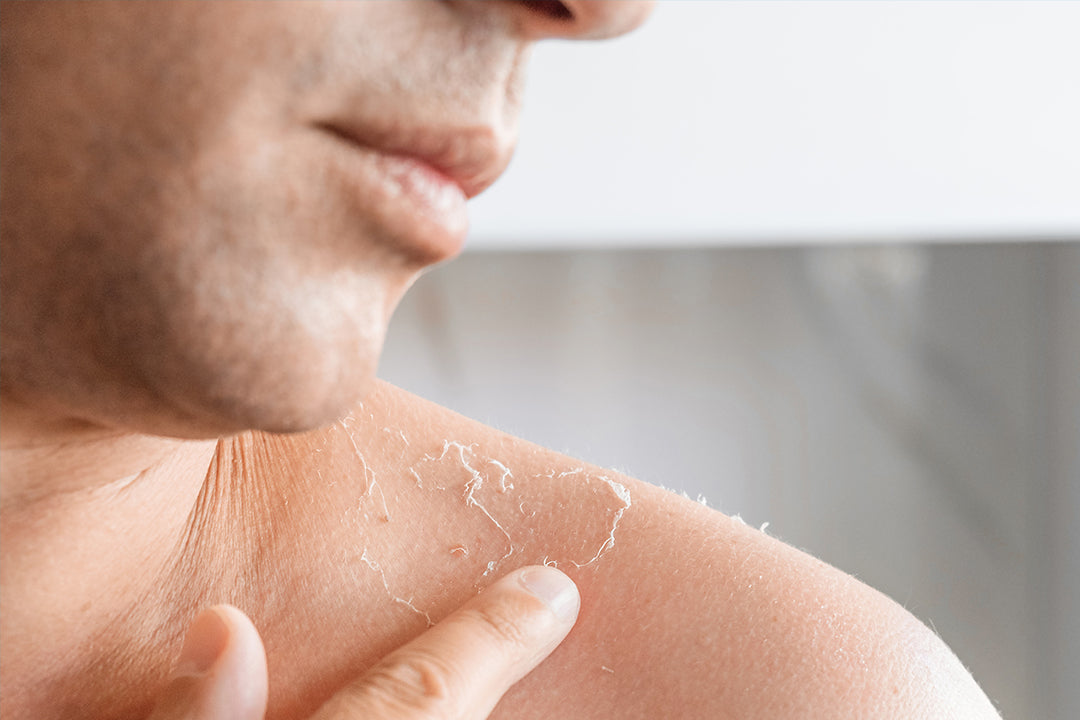Sugar is not only harmful to your overall health, but it can also have negative effects on your skin. Excessive sugar intake can lead to various skin conditions, including acne, psoriasis, and premature aging. In this article, we will explore the bittersweet truth about what happens to your skin when you indulge in sugary treats.
Understanding the Anatomy of Glucose
To fully grasp the effect of sugar on your skin, it is important to understand the structure of glucose, the simplest form of sugar. Glucose serves as an energy source for our cells, but an excessive amount of glucose in the bloodstream can result in various health issues, including skin problems.
1. Accelerates Signs of Aging
Sugar has been linked to accelerated signs of aging, such as wrinkles, fine lines, and sagging skin. When you consume high amounts of sugar, it can cause a process called glycation, where sugar molecules attach to collagen and elastin fibers in the skin. This weakens the skin's elasticity and leads to the formation of wrinkles.
2. Promotes Acne
If you're struggling with acne, sugar may be one of the culprits. When you consume sugary foods, it can cause a spike in insulin levels, leading to increased sebum production. Excess sebum can clog pores and result in the formation of acne.
3. Worsens Psoriasis
Psoriasis is a chronic autoimmune condition that causes red, itchy, and scaly patches on the skin. While the exact cause of psoriasis is unknown, excessive sugar consumption has been found to worsen the symptoms. Sugar can trigger inflammation in the body, which can exacerbate the skin condition.
Does it affect all skin types the same?
Not exactly. Here's a quick look:
- Oily Skin: Sugar can make it even oilier, leading to more clogged pores and breakouts.
- Dry Skin: Sugar can worsen dryness by damaging skin cells that hold moisture.
- Sensitive Skin: Sugar-induced inflammation can irritate sensitive skin, causing redness and discomfort.
How Sugar Affects Your Body
Excessive sugar intake not only affects your skin but also has negative consequences for your overall health. It can contribute to weight gain, obesity, type 2 diabetes, and cardiovascular diseases. These health issues can indirectly impact your skin's health and appearance.
How Sugar Affects Your Brain
Sugar can also have a significant impact on your brain and mood. When you consume sugary foods, it can cause a rapid spike in blood sugar levels, followed by a crash. This rollercoaster effect can lead to mood swings, irritability, fatigue, and difficulty concentrating.
The Expert-Approved Guide to Reducing Your Sugar Intake
If you want to reduce your sugar intake and protect your skin and overall health, here are some expert-approved tips:
- Read food labels carefully to identify hidden sugars and choose healthier alternatives.
- Gradually reduce or control your sugar intake by cutting back on sugary snacks and beverages.
- Incorporate more whole foods into your diet, such as fruits, vegetables, whole grains, and lean proteins.
- Stay hydrated by increasing your water intake.
- Supplement your diet with vitamins and minerals to support your skin's health.
- Get enough sleep to promote overall well-being.
- Consider a skin detox to eliminate toxins and rejuvenate your skin.
By following these expert tips, you can make significant progress in reducing your sugar intake and improving your skin and overall health.
Takeaway
Sugar may taste sweet, but its impact on your skin and overall health is anything but. Excessive sugar consumption can lead to skin issues like acne, psoriasis, and premature aging. By reducing your sugar intake, following a balanced diet, and adopting a healthy lifestyle, you can protect your skin and promote a healthier complexion. Remember, your skin reflects what you eat, so choose wisely and nourish your skin from within.









